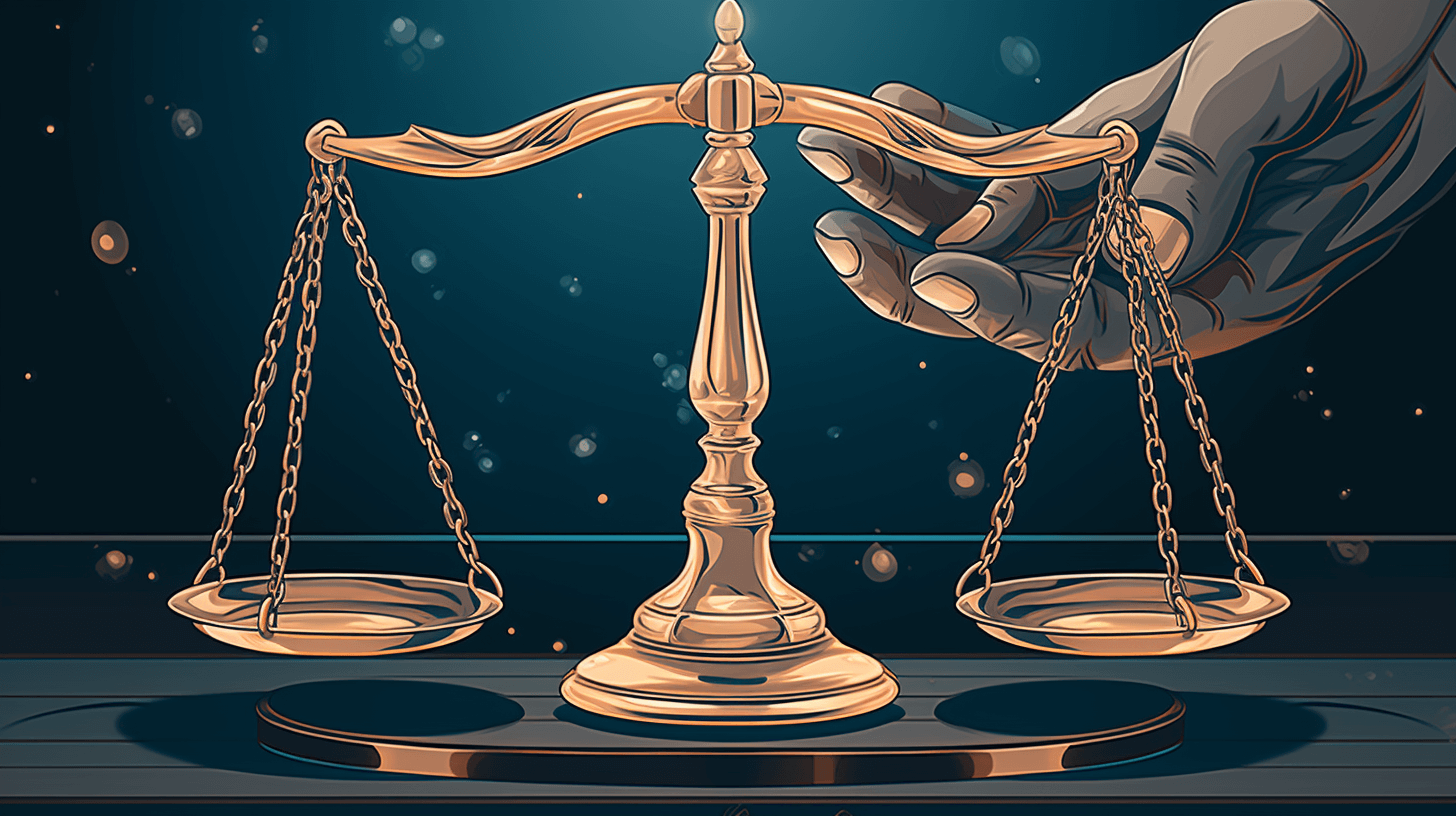September 18, 2025

An arrest is one of the most dramatic and consequential moments in the justice system. For the individual, it means a sudden loss of liberty. For law enforcement, it is the execution of authority granted by law. For attorneys, it is the point at which constitutional protections become most critical.
The legal side of an arrest is about more than handcuffs and booking. It is about the rules that govern when and how arrests can happen, the rights that individuals retain, and the role attorneys play in challenging unlawful detentions. Like The Legal Side of a Warrant and The Legal Side of a Search and Seizure, the arrest is a foundational step in the criminal process that determines what comes next: The Legal Side of an Interrogation, The Legal Side of a Trial, and beyond.
What Is an Arrest?
Legally, an arrest occurs when law enforcement takes someone into custody with the intent to charge them with a crime. It involves:
Not every detention is an arrest. Police stops, like those during traffic checks, may not rise to the level of arrest unless they extend in time and intrusiveness.
Constitutional Foundation of Arrests
Several constitutional protections apply:
These rights form the bedrock of the arrest process, much like they do in Your Rights When Stopped by the Police.
When Is a Warrant Required for Arrest?
As explored in The Legal Side of a Warrant:
Understanding whether an arrest was backed by a lawful warrant often determines whether evidence can be used at trial.
Probable Cause in Arrests
Probable cause means there must be facts and circumstances that would lead a reasonable person to believe a crime was committed. Without probable cause, an arrest is unlawful, and evidence obtained afterward may be excluded.
The Arrest Process
At each stage, errors or misconduct can form the basis of legal challenges.
Illegal Arrests and Suppression
Defense attorneys often challenge arrests on grounds of:
Successful challenges may lead to suppression of evidence, dismissal of charges, or civil lawsuits for damages.
Arrests and Interrogations
After an arrest, questioning often follows. At this point, The Legal Side of an Interrogation becomes critical. Suspects must be read their Miranda rights — the right to remain silent and to have an attorney present. Statements obtained without these warnings may be inadmissible.
Arrests and Bail
Following arrest and booking, individuals may be released on bail. Bail determinations depend on factors such as flight risk, criminal history, and severity of charges. Unlawful or excessive bail raises constitutional concerns under the Eighth Amendment.
Case Studies: The Role of Arrests in Litigation
Arrests and the Path Through the Justice System
The Human and Business Impact of Arrests
An arrest can devastate careers, families, and reputations. Employers may react swiftly, as explored in What to Do If an Employee Violates a Non-Disclosure Agreement and Understanding the Legal Aspects of a Nursing Home Contract.
Lawyers not only challenge the legality of arrests but also mitigate the collateral damage.
Why Law Firm Choice Matters in Arrest Cases
Arrest cases require fast, informed legal action. The right firm provides:
As with Why Law Firms Excel at High-Asset Divorce Litigation, complex, high-stakes matters demand strategic advocacy.
Conclusion
The legal side of an arrest is about rights, rules, and responsibilities. It is the point where law enforcement power meets constitutional limits, and where skilled defense can make the difference between conviction and freedom.
From The Legal Side of a Warrant to The Legal Side of a Trial, arrests are central threads in the justice system. With strong legal representation, clients can challenge unlawful arrests, protect their rights, and move forward with clarity and confidence.
Stay up to date with the latest tips, expert insights, product reviews, and step-by-step guides to help you grow, create, and succeed—no matter your industry or passion.